Super-gonorrhoea has spread across England, doctors warn
Sexually transmitted infection which can cause infertility is now resistant to one drug and could become untreatable
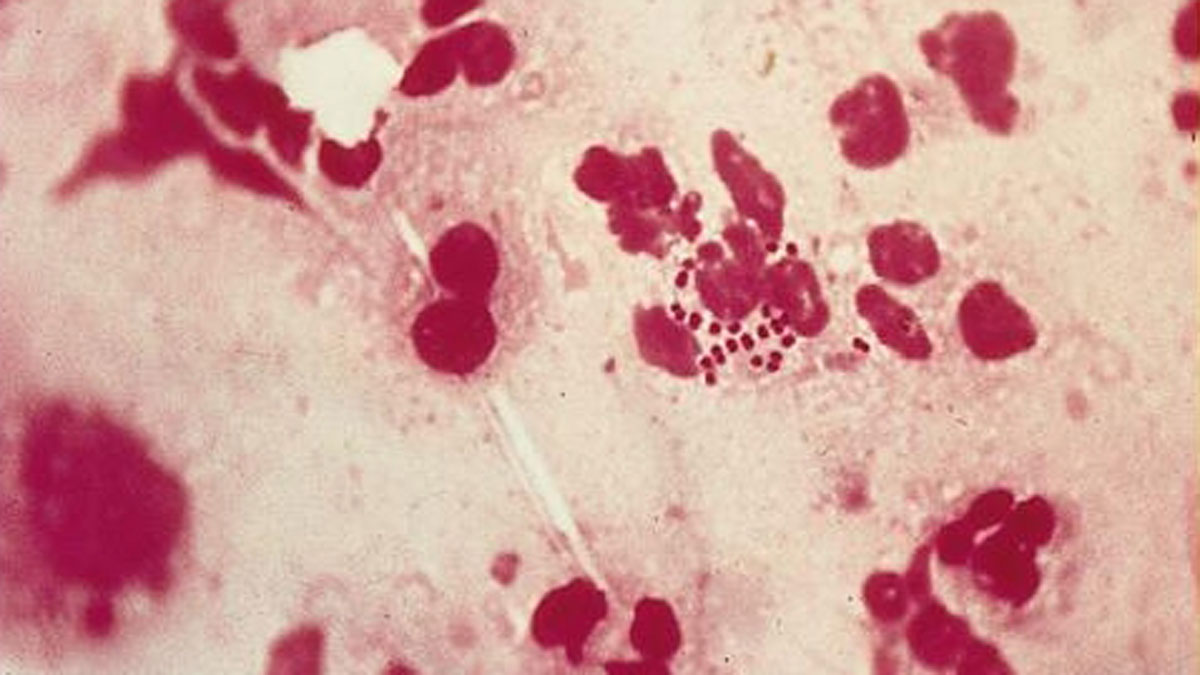
A free daily email with the biggest news stories of the day – and the best features from TheWeek.com
You are now subscribed
Your newsletter sign-up was successful
A drug-resistant strain of gonorrhoea is spreading across England and could soon become untreatable, health professionals have warned.
An outbreak of super-gonorrhoea in Leeds last year triggered a national health alert. The sexually transmitted infection has since been detected in the West Midlands, London and southern England.
The disease, which is spread through unprotected vaginal, oral and anal sex, is typically treated with ceftriaxone and azithromycin, but the latter has become almost useless against the infection.
The Week
Escape your echo chamber. Get the facts behind the news, plus analysis from multiple perspectives.

Sign up for The Week's Free Newsletters
From our morning news briefing to a weekly Good News Newsletter, get the best of The Week delivered directly to your inbox.
From our morning news briefing to a weekly Good News Newsletter, get the best of The Week delivered directly to your inbox.
"If it becomes resistant to [the other one], we would be in a very difficult position," says Dr Elizabeth Carlin, the president of the British Association of Sexual Health and HIV.
While just 34 cases have been officially confirmed in laboratory testing, "this is likely to be the tip of the iceberg" of an infection that can be symptomless, says the BBC.
The NHS warns that around one in ten infected men and almost half of infected women don't experience any symptoms. If left untreated, the disease can cause infertility and miscarriage.
"We cannot afford to be complacent," said Dr Gwenda Hughes, the head of Public Health England. The outbreak has prompted fresh warning for people across the country to practice safe sex.
A free daily email with the biggest news stories of the day – and the best features from TheWeek.com
Gonorrhoea was previously only detected in heterosexual patients, but has since spread to gay men.
"The problem is [they] tend to spread infections a lot faster simply as they change partners more quickly," said Peter Greenhouse, a consultant in sexual health.
The spread of this latest super-disease "is further evidence of the growing threat of antibiotic-resistant bugs," says the Daily Mail. "For decades, antibiotics have been so overused by GPs and hospital staff that the bacteria have evolved to become resistant."
'Super-gonorrhoea': health alert over Leeds outbreak
18 September
Highly drug-resistant gonorrhoea has been detected in the north of England, triggering a national health alert.
There have been 12 confirmed cases of "super-gonorrhoea" in Leeds and four in Macclesfield, Oldham and Scunthorpe. Further undiagnosed cases are likely, sexual health doctors told the BBC.
"It doesn't sound like an awful lot of people, but the implication is there's a lot more of this strain out there and we need to stamp it out as quickly as possible," said consultant Peter Greenhouse.
The sexually-transmitted infection has easily been treated with antibiotics in the past but doctors warn that the current outbreak shows it is becoming increasingly resistant to treatment.
"Those affected are being treated with an alternative antibiotic, but the resistance to first-line treatment remains a concern," said Dr Mike Gent from Public Health England.
"The bacteria that cause gonorrhoea are known to mutate and develop new resistance, so we cannot afford to be complacent."
Gonorrhoea is the second most common bacterial STI in the UK after Chlamydia, with almost 35,000 cases reported in England last year. The majority of cases are seen in people below the age of 25.
The disease is spread through unprotected sex and symptoms include a thick green or yellow discharge from the vagina or penis, pain when urinating and bleeding between periods.
However, the NHS warns that around 1 in 10 infected men and almost half of infected women don't experience any symptoms.
If left untreated, the disease can lead to infertility, pelvic inflammatory disease and can be passed from mother to child during pregnancy.
"If this becomes the predominant strain in the UK we're in big trouble," said Dr Greenhouse," so we have to be really meticulous in making sure each of these individuals has all their contacts traced and treated."
-
 The Olympic timekeepers keeping the Games on track
The Olympic timekeepers keeping the Games on trackUnder the Radar Swiss watchmaking giant Omega has been at the finish line of every Olympic Games for nearly 100 years
-
 Will increasing tensions with Iran boil over into war?
Will increasing tensions with Iran boil over into war?Today’s Big Question President Donald Trump has recently been threatening the country
-
 Corruption: The spy sheikh and the president
Corruption: The spy sheikh and the presidentFeature Trump is at the center of another scandal
-
 Neanderthal gene ‘caused up to a million Covid deaths’
Neanderthal gene ‘caused up to a million Covid deaths’Speed Read Genetic tweak found in one in six Britons means cells in the lungs are slower to launch defences
-
 Legalising assisted dying: a complex, fraught and ‘necessary’ debate
Legalising assisted dying: a complex, fraught and ‘necessary’ debateSpeed Read The Assisted Dying Bill – which would allow doctors to assist in the deaths of terminally ill patients – has relevance for ‘millions’
-
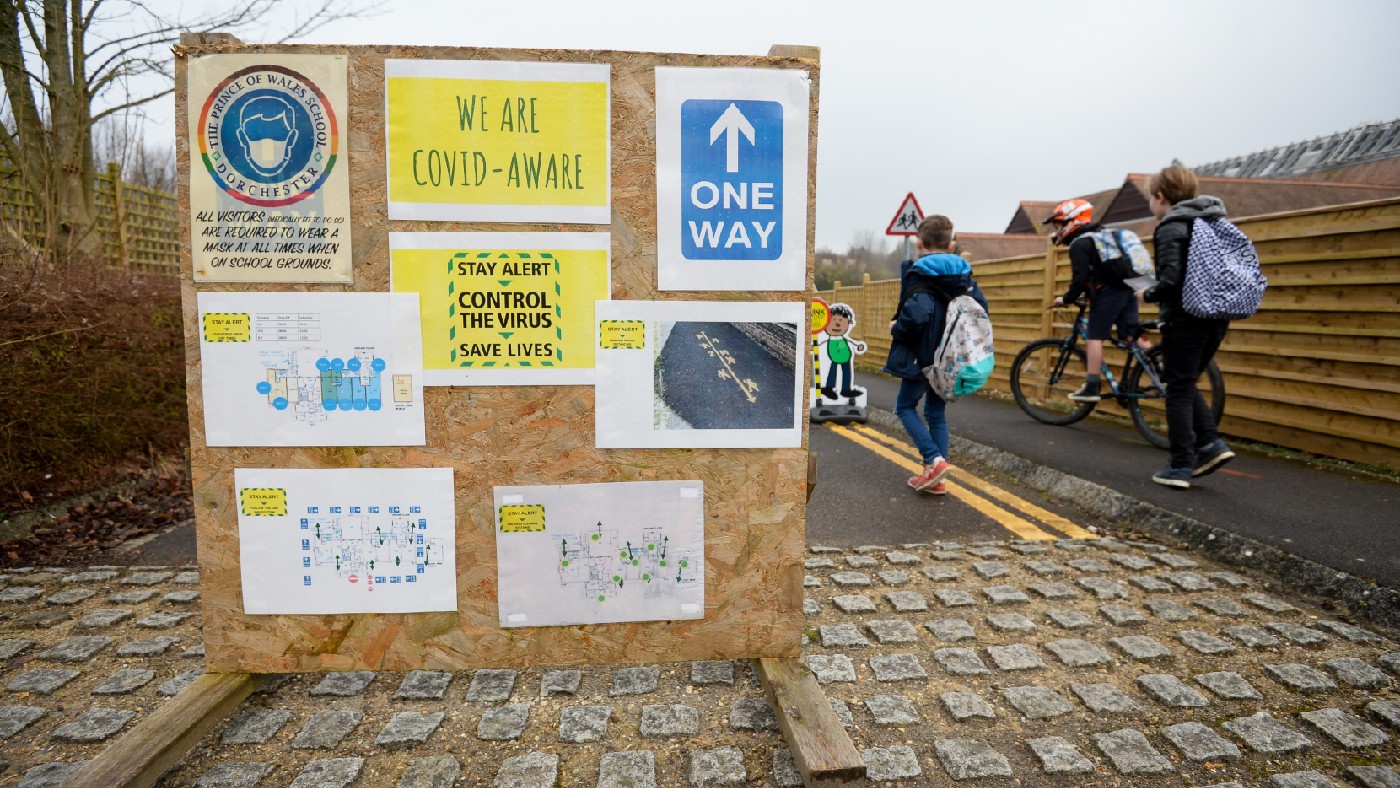 Vaccinating children: it’s decision time for the health secretary as kids return to school
Vaccinating children: it’s decision time for the health secretary as kids return to schoolSpeed Read Sajid Javid readying NHS England to roll out jab for children over 12, amid fears infections will rocket
-
 ‘Vaccination blunts, but does not defeat’: exploring Israel’s fourth Covid wave
‘Vaccination blunts, but does not defeat’: exploring Israel’s fourth Covid waveSpeed Read Two months ago, face masks were consigned to bins. Now the country is in a ‘unique moment of epidemiological doubt’
-
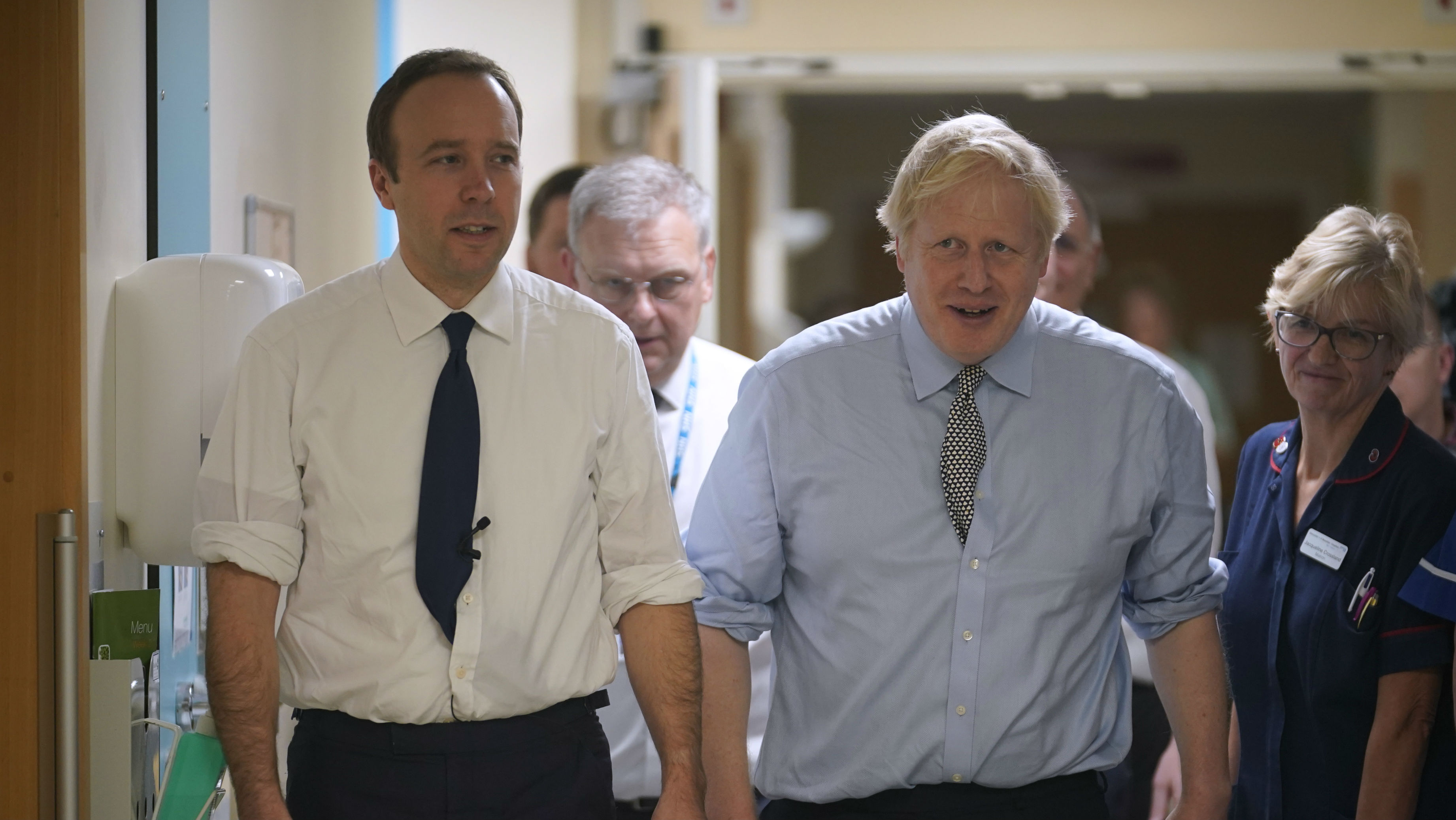 Thousands told to self-isolate in Covid app pinging error, claims Whitehall whistleblower
Thousands told to self-isolate in Covid app pinging error, claims Whitehall whistleblowerSpeed Read Source says Matt Hancock was privately told of the issue shortly before he resigned as health secretary
-
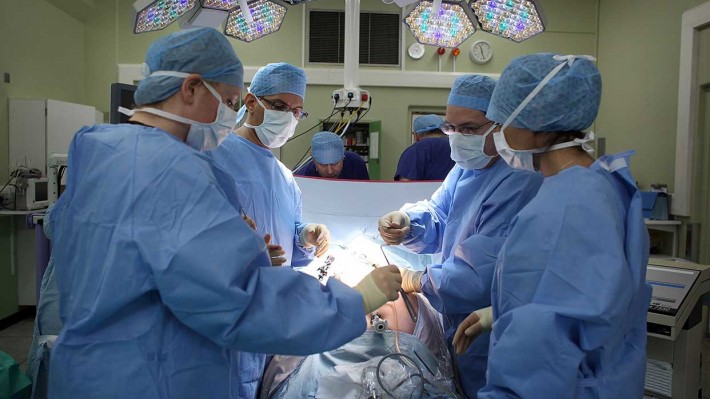 Record 5.45m people on NHS England waiting lists
Record 5.45m people on NHS England waiting listsSpeed Read Health chief warns that crisis is nearing ‘boiling point’ as backlog grows
-
 Covid testing: the ‘great new game of holiday roulette’
Covid testing: the ‘great new game of holiday roulette’Speed Read On one day last week, the price of a private PCR test ranged from £23.99 to £575
-
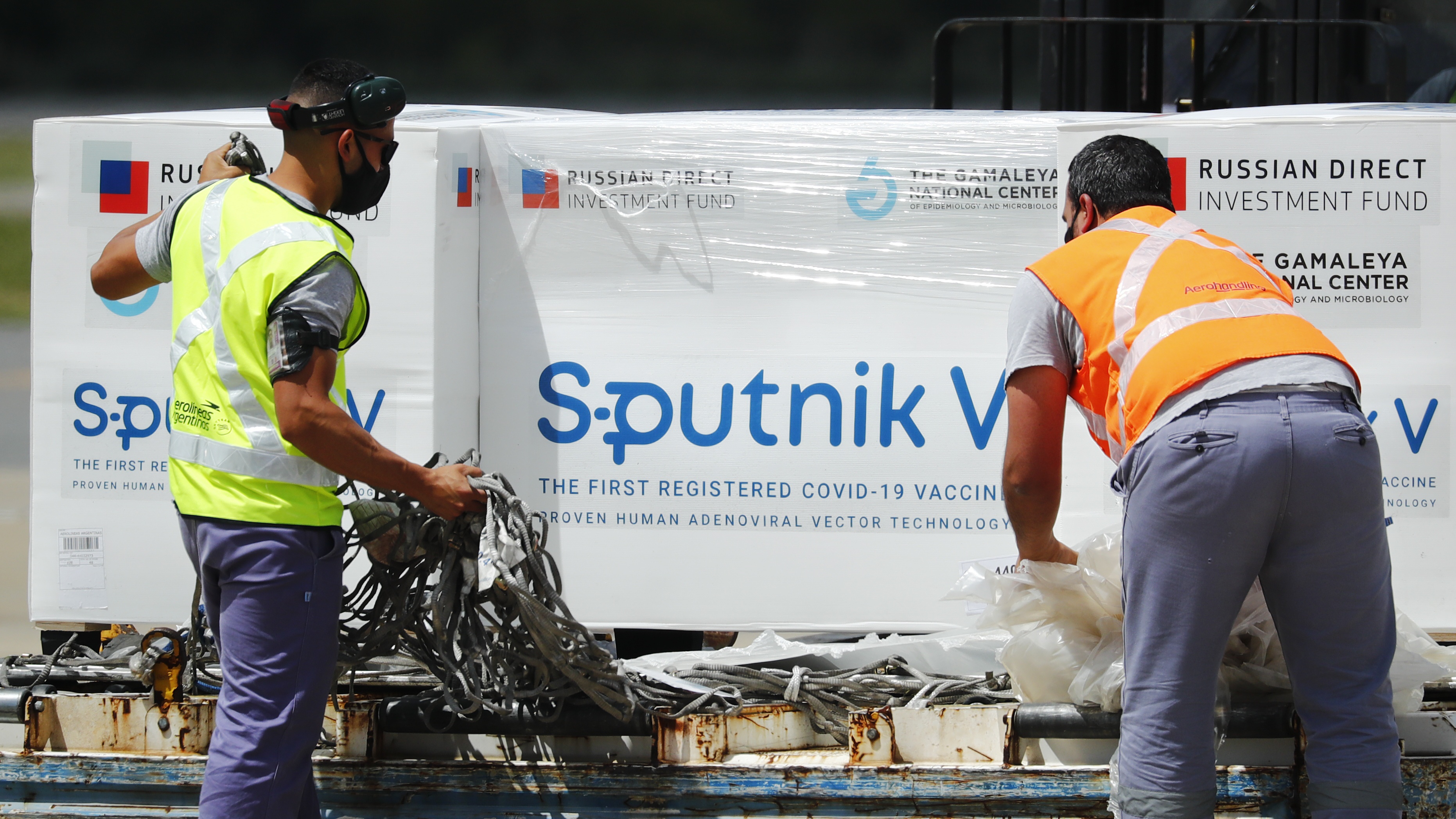 San Marino is first European country to offer ‘vaccine vacation’
San Marino is first European country to offer ‘vaccine vacation’Speed Read Tiny landlocked nation to give Russian Sputnik vaccine to paying tourists